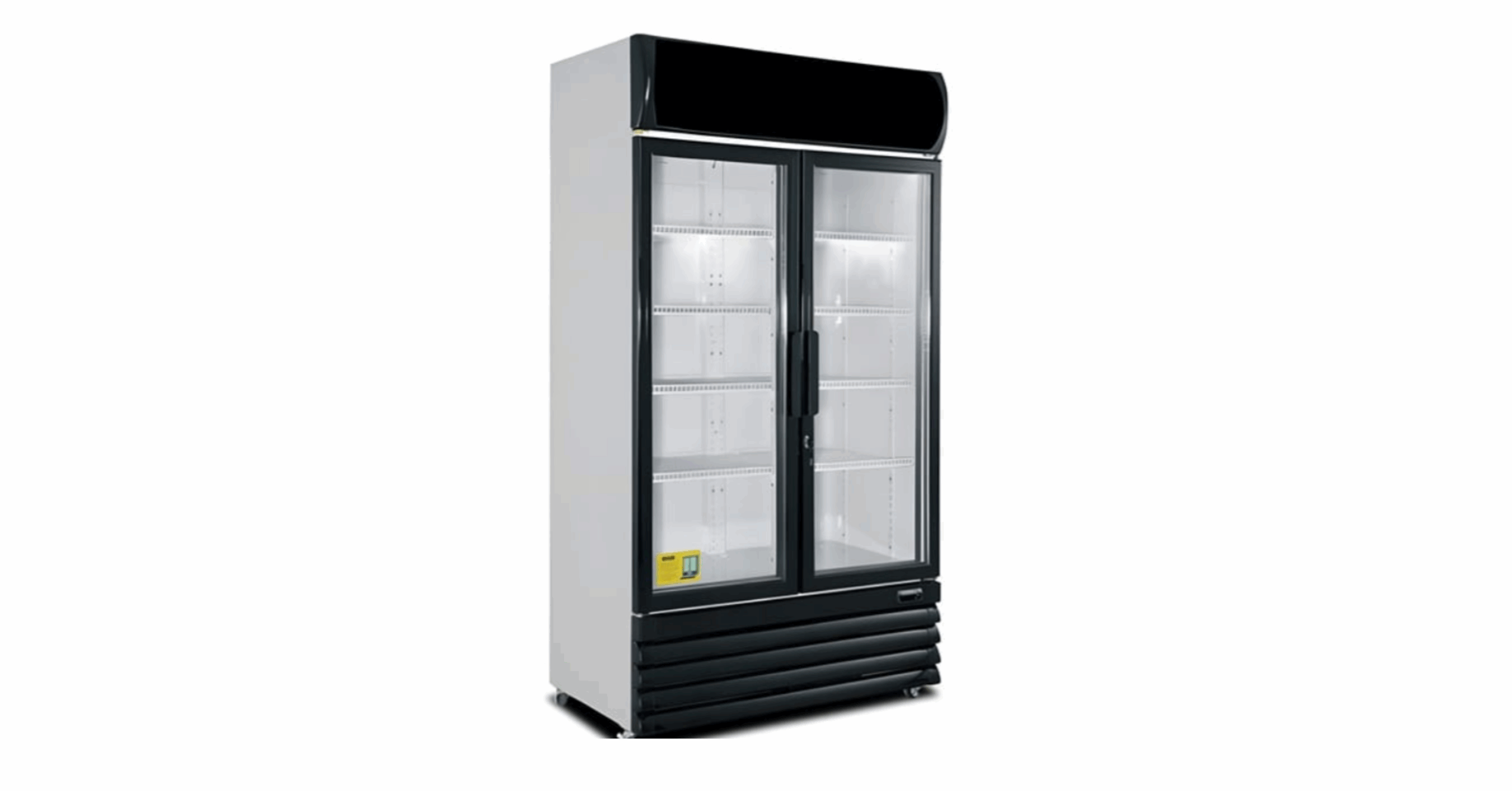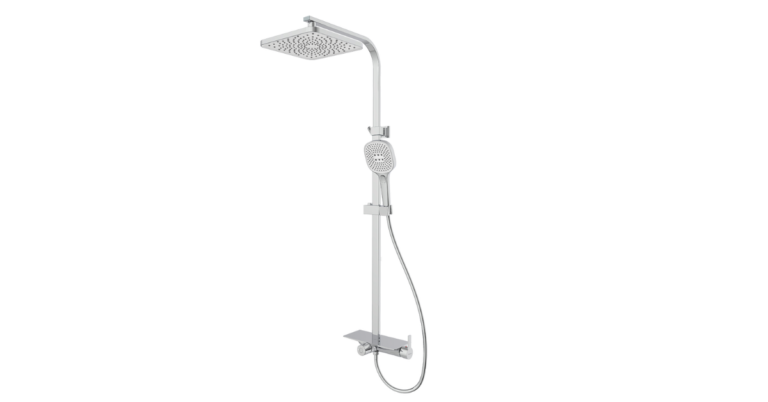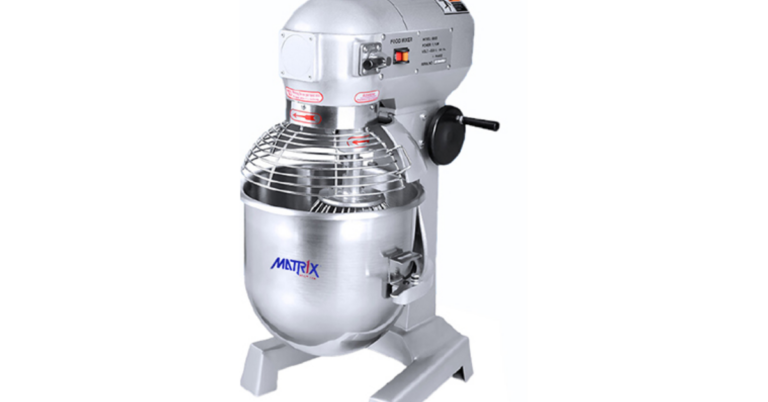Ship Refrigeration Chiller 220V – A Vital Component for Marine Cooling Systems
Marine operations rely heavily on efficient refrigeration and cooling systems to ensure smooth functioning, safety, and comfort on board. Among these, the Ship Refrigeration Chiller 220V has become a crucial piece of equipment for modern vessels, including cargo ships, cruise liners, and fishing vessels. Its role goes far beyond just cooling; it is designed to handle the demanding and often extreme marine environment where reliability and performance are non-negotiable. This article explores the importance of marine chillers, their working principles, applications, and the advantages of choosing a 220V system for shipboard refrigeration needs.
Importance of Refrigeration in Marine Operations
Refrigeration on ships is more than just about keeping food supplies fresh. It plays a vital role in multiple areas, such as:
-
Preservation of perishable goods – Long voyages require reliable storage conditions for meat, fish, dairy, fruits, and vegetables.
-
Crew and passenger comfort – Cruise ships, yachts, and ferries need effective air-conditioning systems to maintain a pleasant onboard environment.
-
Cargo protection – Reefer containers, pharmaceuticals, and temperature-sensitive industrial goods demand consistent cooling throughout transportation.
-
Machinery cooling – Various shipboard equipment generates heat during operation, which needs to be controlled to prevent breakdowns.
For these reasons, ship refrigeration chillers are considered one of the core systems aboard marine vessels.
What is a Ship Refrigeration Chiller 220V?
A Ship Refrigeration Chiller 220V is a specialized cooling unit designed to operate on 220V power, providing reliable and consistent refrigeration for marine applications. Unlike land-based chillers, marine chillers are built to withstand the challenges of salty air, constant vibrations, humidity, and fluctuating power conditions.
These chillers work by removing heat from a liquid—often water or a water-glycol mixture—which then circulates through the ship’s refrigeration or air conditioning systems. By doing so, they regulate onboard temperatures efficiently while consuming minimal energy.
Key features typically include:
-
Compact design for installation in tight engine rooms or machinery spaces.
-
Corrosion-resistant materials to withstand the harsh marine environment.
-
Energy efficiency to optimize fuel consumption and lower operational costs.
-
Reliability to ensure uninterrupted cooling during long voyages.
How Ship Refrigeration Chillers Work
The operation of a marine refrigeration chiller is based on the standard vapor compression cycle, but with enhanced durability for shipboard use. Here’s a simplified breakdown:
-
Compression – The refrigerant gas is compressed by the compressor, raising its temperature and pressure.
-
Condensation – The hot gas passes through a condenser, where seawater or freshwater removes heat, condensing the refrigerant into liquid form.
-
Expansion – The liquid refrigerant moves through an expansion valve, reducing pressure and temperature.
-
Evaporation – The refrigerant absorbs heat from the chilled water loop, lowering water temperature for use in refrigeration or air conditioning.
This cycle repeats continuously, ensuring that all cooling demands are met efficiently and effectively.
Applications of Ship Refrigeration Chillers
Ship refrigeration chillers have multiple onboard applications, making them one of the most versatile systems at sea.
1. Food Storage and Cold Rooms
Commercial vessels and cruise liners often carry large volumes of perishable supplies. Chillers ensure that these goods remain fresh throughout extended journeys.
2. HVAC Systems
For cruise ships and luxury yachts, comfort is paramount. Chillers form the backbone of the HVAC system, providing consistent cooling for cabins, lounges, and entertainment areas.
3. Cargo Cooling
Tankers and container ships transporting temperature-sensitive goods rely on chillers for cargo integrity.
4. Machinery Cooling
Engines, generators, and other machinery generate immense heat. Chillers provide cooling to maintain operational efficiency and prevent overheating.
5. Fishing Vessels
Ships in the fishing industry use chillers to maintain the catch at low temperatures, ensuring freshness until the catch reaches port.
Why Choose a Ship Refrigeration Chiller 220V?
Marine engineers and shipowners often prefer the Ship Refrigeration Chiller 220V for several practical reasons:
-
Standardized Voltage – 220V systems are widely compatible with international marine electrical standards, making them convenient for global shipping operations.
-
Energy Efficiency – Operating on 220V helps reduce overall power consumption compared to higher-voltage systems, especially for medium-sized vessels.
-
Ease of Maintenance – Availability of spare parts and compatibility with multiple shipboard systems make 220V chillers easier to service.
-
Compact Size – These chillers are often designed with space-saving layouts suitable for small engine rooms.
By choosing a reliable 220V chiller, ship operators ensure long-term performance and reduced operational downtime.
Advantages of Using Marine Chillers
Beyond their basic functionality, ship refrigeration chillers offer numerous benefits that make them indispensable:
-
Consistent Temperature Control – Ensures goods and spaces remain at the desired temperature.
-
Durability in Harsh Environments – Built with anti-corrosive materials to withstand seawater exposure.
-
Reduced Fuel Consumption – Modern designs emphasize energy efficiency, lowering fuel costs.
-
Extended Equipment Life – By preventing overheating of machinery, chillers enhance the lifespan of onboard equipment.
-
Improved Comfort – Passengers and crew experience a stable and pleasant onboard environment.
Key Factors to Consider When Choosing a Ship Refrigeration Chiller
Selecting the right chiller is critical to ensuring efficient ship operations. Buyers should evaluate factors such as:
-
Cooling Capacity – The chiller must match the ship’s load requirements.
-
Energy Consumption – More efficient models reduce long-term operational costs.
-
Build Quality – Materials resistant to corrosion, vibration, and seawater exposure are essential.
-
Ease of Maintenance – Units that are simple to service reduce downtime.
-
Brand Reliability – Choosing a trusted supplier ensures availability of spares and technical support.
A Ship Refrigeration Chiller 220V often checks all these boxes, making it a popular choice in the marine industry.
The Future of Marine Refrigeration Technology
As shipping companies aim for greener and more sustainable operations, marine refrigeration technology continues to evolve. Modern chillers are incorporating advanced features such as:
-
Eco-friendly refrigerants with low global warming potential (GWP).
-
Smart monitoring systems for predictive maintenance and efficiency tracking.
-
Hybrid energy compatibility to work seamlessly with renewable onboard power sources.
-
Improved noise reduction to enhance comfort on passenger vessels.
These advancements are shaping the next generation of marine chillers, further boosting reliability and environmental sustainability.
Conclusion
In the world of marine operations, efficient cooling systems are indispensable. The Ship Refrigeration Chiller 220V stands out as a reliable, durable, and energy-efficient solution for a wide range of shipboard applications. From preserving perishable supplies and ensuring crew comfort to protecting sensitive cargo and cooling machinery, these chillers play a vital role in ensuring operational success at sea.
As technology continues to advance, marine chillers are becoming smarter, greener, and more efficient, making them an even more valuable asset for the shipping industry. For shipowners and operators seeking performance, durability, and ease of integration, choosing a Ship Refrigeration Chiller 220V remains one of the smartest investments for modern marine fleets.





